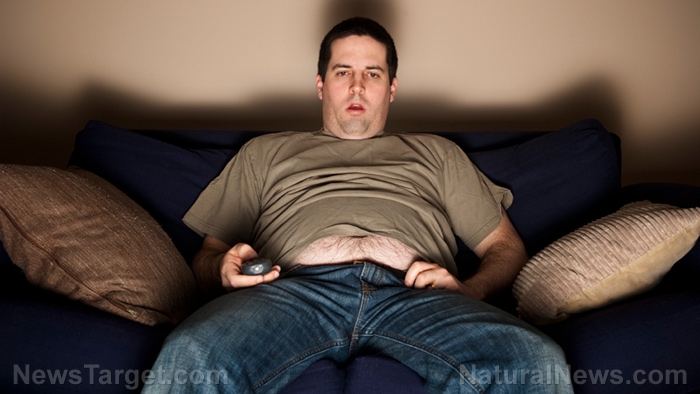Early to bed, early to rise: Study confirms the benefits of sleeping early for preventing diabetes
03/26/2019 / By Michelle Simmons

Your bedtime habits can affect your risk of developing diabetes. A literature review published in the journal Advances in Nutrition finds that going to bed and waking up earlier could help slash the risk of Type 2 diabetes.
Earlier studies have suggested that chrono-nutrition, which is the timing of dietary intake, may be influenced by a person’s chronotype — whether they are “early birds” or “night owls.” In the literature review, the researchers compared the eating patterns of night owls, or those who stay up late, with early birds, or those who wake up early.
The results showed that night owls had a higher likelihood of developing Type 2 diabetes because of their poor eating behavior and diets. They were more likely to eat late, drink more alcohol, consume more sugar, and skip breakfast the next day. They were also less inclined to eat vegetables and were found to have bigger, but less frequent meals.
In healthy individuals, levels of blood sugar are typically lower at night than during the day. However, eating late at night can raise blood sugar levels, which, in turn, negatively affect metabolism through the night. This could be the reason why those who tend to stay up late could be at a higher risk of poorer health. Furthermore, the researchers found that sleeping late at night could also negatively affect people who already have Type 2 diabetes. In addition, they discovered that those who have poorer management of their condition are more likely to be night owls. (Related: The importance of sleep in diabetes prevention.)

From a night owl to early bird
Should you want to turn yourself from a night owl to an early bird, you would have to change your circadian rhythm, or your sleep/wake cycle or body clock. This can be done by following these steps:
- Adjust when you wake up: The first step in changing your body clock is to adjust the time you wake up. Night owls often stay up late because they are not tired. To make you feel sleepy earlier in the evening, you need to wake up earlier than usual. Setting your alarm for 6 a.m. and waking up at that time will most likely make you tired around 10 p.m. Be consistent.
- Take it slow: If 6 a.m. is too difficult for you, take it slow. You can start by adjusting your wake-up time by 15 minutes earlier than usual until you reach your goal time.
- Expose yourself to light: If it’s summer, open your curtains to wake up to a bright morning. But if your home is still dark at 6 a.m., turn on some lamps. Being exposed to light when you wake up will make you feel more alert by reducing the body’s production of melatonin, a sleep-inducing hormone.
- Move your schedule earlier: If possible, adjust the time you do your usual activities earlier by an hour or so to help you move your bedtime earlier as well. These activities may be going to the gym, eating dinner, socializing with friends, or watching TV. However, if that is not possible, consider which activities could be shortened or done on alternate days.
- Stick with it even on weekends: The fastest way to turn your night owl self into an early bird is to be consistent with your new schedule, even on the weekends or on days you don’t have to go to work. Going to bed and waking up at the same time every day benefits the body.
Read more news stories and studies on how to reduce your risk of diabetes by going to PreventDiabetes.news.
Sources include:
Submit a correction >>
Tagged Under:
#nutrition, bedtime, body clock, circadian rhythm, diabetes, early bird, eating habits, metabolic health, metabolism, mind body science, night owl, prevention, sleep, Type 2 Diabetes
This article may contain statements that reflect the opinion of the author





















